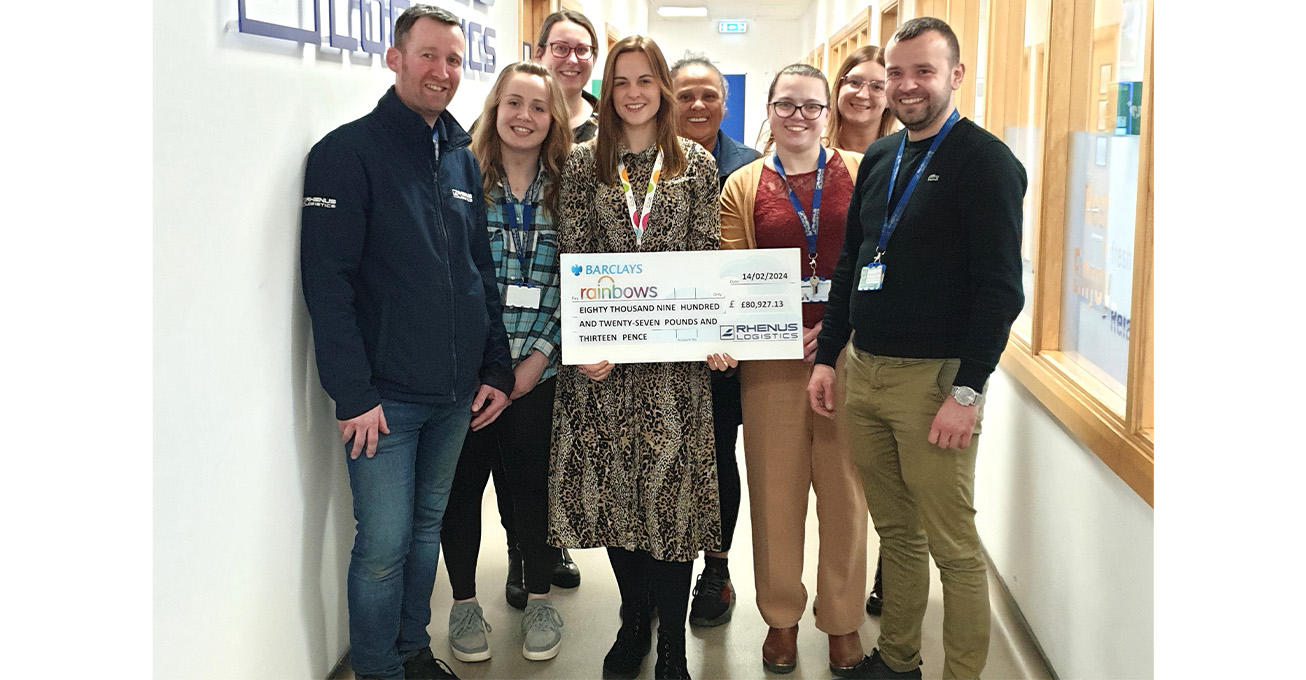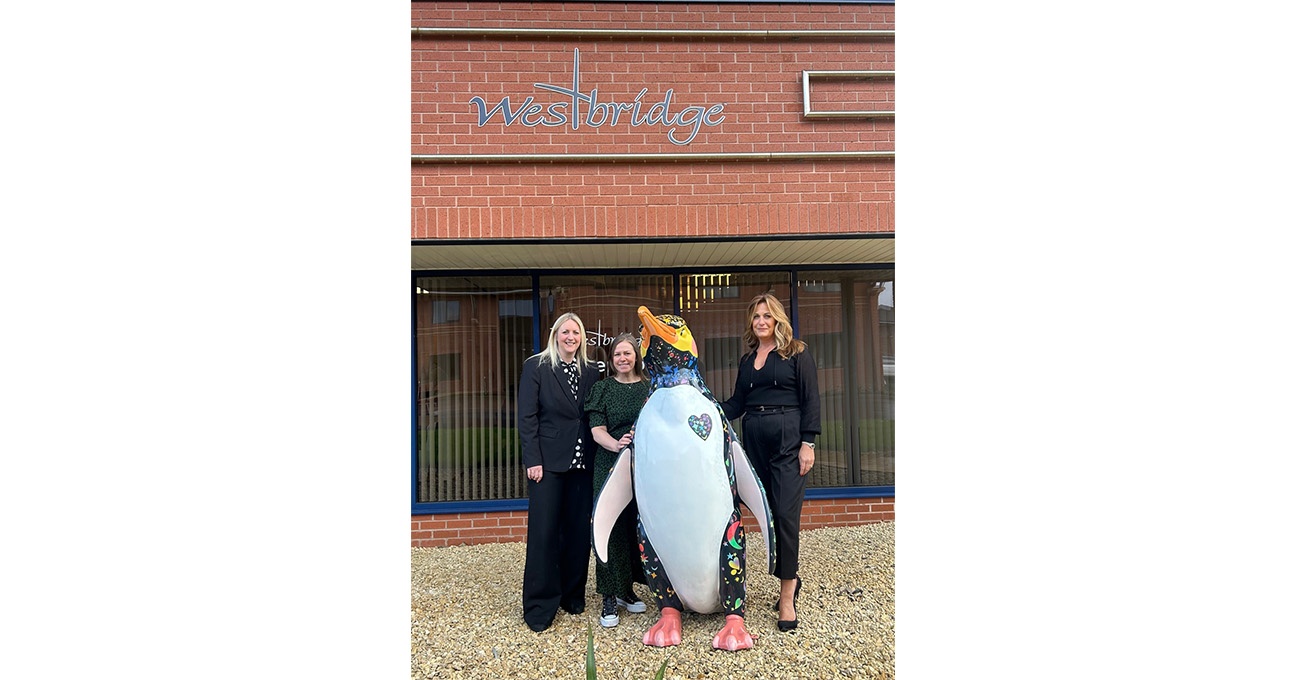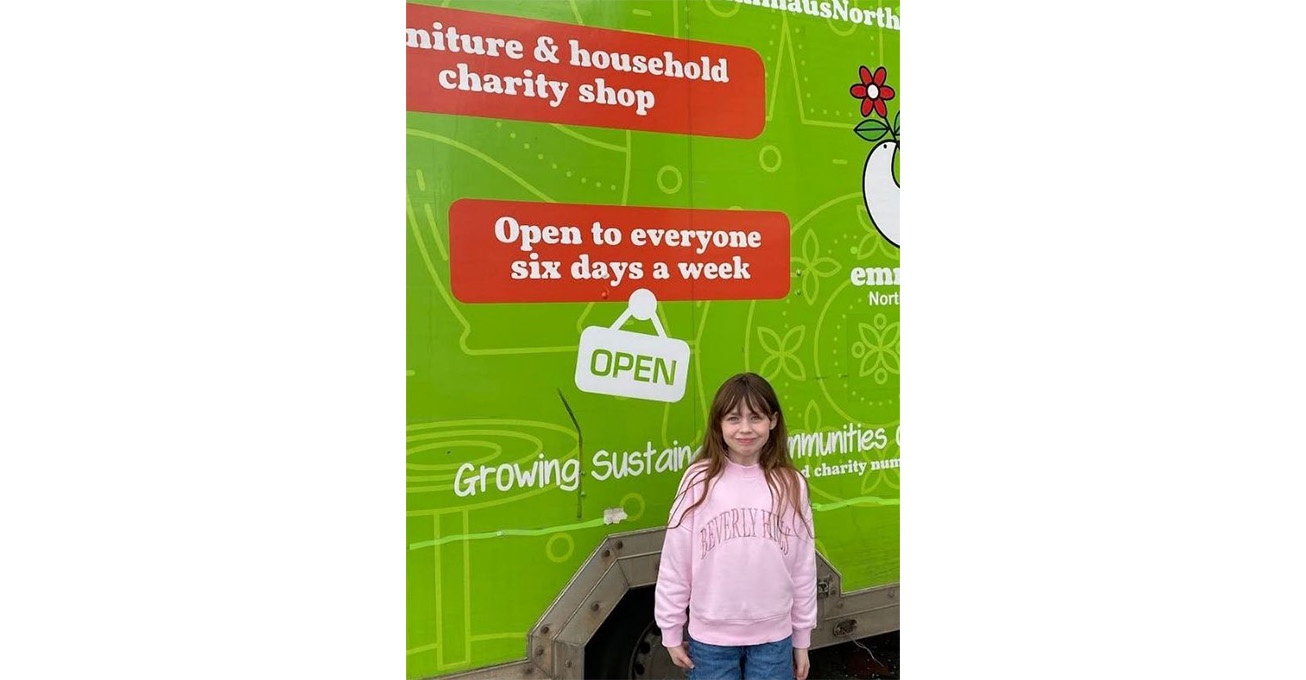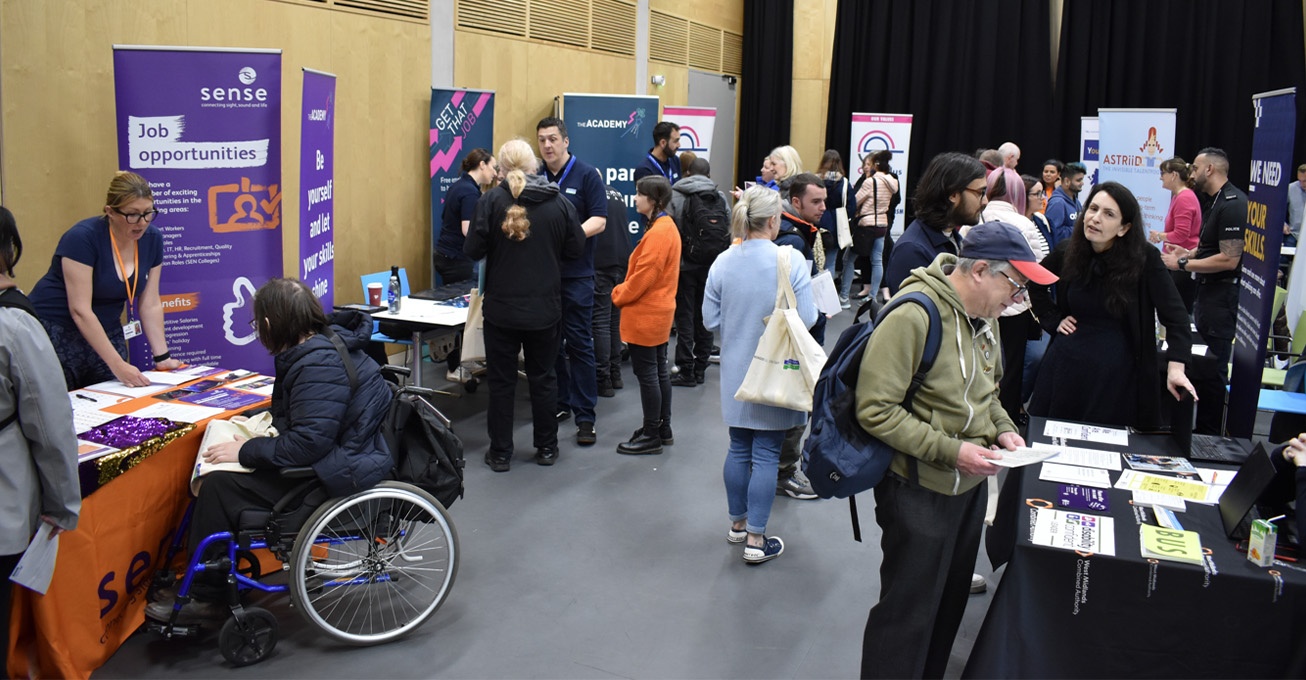Caryl Jones is the Digital Marketing Officer at the Chartered Institute of Fundraising, a membership body for UK fundraising.
Caryl’s passionate about supporting not for profit organisations, as well as in her spare time sitting on the Ceredigion Welsh Pony and Cob Association committee to support and promote the Welsh breeds.
- Tell us a little bit about your organisation…
The Chartered Institute of Fundraising is a membership body for UK Fundraising. We’re a charity representing and championing the work of individual fundraisers, charities, and their partners. We believe fundraising can be the most rewarding of careers, full of contribution and achievement.
- How did you get into the industry?
It sounds cliché, and one I’ve heard many times, but I never planned on working in the fundraising sector, I sort of just fell into it. In fact, during my education it was never once mentioned that a career in the industry was viable. After graduating from Aberystwyth University in Marketing in July 2018, I was determined to find a Marketing job that would make a positive impact in some way. I came across a job advert for a Marketing and Events Officer at the National Botanic Garden of Wales, fast forward a couple of months to September, I was starting my first day in the sector. Between working for the Botanic Gardens, and joining the Chartered Institute in 2022, I worked for Cynnal y Cardi, the LEADER project in Ceredigion. Some of the projects we worked with were charities, and the difference they were trying to make to improve the county was astonishing. I knew then that I wanted to return to the fundraising sector and make a difference. And here I am, back in the sector, striving to make a different and support UK Fundraisers.
- What are the biggest opportunities and challenges in your industry?
The biggest opportunity in this sector is the work carried out can have a lifetime of impact for countless people. We truly believe that fundraisers change the world – but too often a career in fundraising isn’t valued, understood or invested in and that is definitely the biggest challenge we face. But through our work at the Chartered Institute of Fundraisinf we’re determined to change negative perceptions of the sector, from the boardroom to the general public. Our mission is to drive excellent practice, helping career fundraisers raise more money for charities in the best way possible – we are here to champion fundraising and want to help charities attract, retain and nurture fundraising talent now and in the future, showing that fundraising is a fantastic lifelong career choice. We know charities are struggling right now, but the work they do is vital and so we want to help them grow giving by creating a culture that is easier and more inspiring to give. We want people to be proud to work in this sector – because we know the impact a career in fundraising can have and the difference we can make together.
- What is your working style?
I can’t say that I can identify with one of the 4 traditional working styles. I remember being asked this at the beginning of my career, and my answer was “all of them”, and here’s why. Am I creative and idea driven? Yes absolutely, marketing involves a lot of creativity and innovativeness! But that also doesn’t mean that I’m not detail oriented as well. My attention to detail means that ideas are executed correctly, and efficiently whilst overcoming any problems that may arise! And then you have logical. I am very data driven, I love analysing data (I’m sure in a previous life I was a mathematician), and this helps to develop effective marketing strategies that allow those creative, and very detailed plans to be successful. And lastly, supportive. Communication is key, without communicating with other team members, departments, our volunteers, how is any of the hard work meant to come together to complete our objectives?
- How do you get the most out of the people working around you?
I think one of the most important ways of getting the most out of the people that work around me is treating them with respect. Not everyone I come across in a professional capacity will have the same style of working me, not everyone will like my ideas, and I won’t always like their ideas, or understand the methodology, but this doesn’t mean their wrong. Communicating with the people around me, and respecting them allows more ideas to grow, allows us to work more efficiently and makes it a much happier and positive environment to work in. Playing to their strengths, being appreciative of their time, work, and effort, and supporting them are all things that I believe gets the most out of the people you work with and helps achieve your objectives. The cheesy line – team work makes the dream work – really does feel right here!
- What are the most crucial elements to your organisation running smoothly and being successful?
Membership – and ensuring we give our members what they want and need in order to keep them engaged and remain Chartered Institute members – is crucial for our organisation. The Chartered Institute of Fundraising is our membership body, and we wouldn’t be here without them. It’s important for us to be ahead of the curve on trends for the sector so we can give our members the relevant guidance, training, and advice to help them on their charitable endeavours – and to ensure they know we are there to support them, whether that is engaging with the government on their behalf or promoting their good news stories in the media. It is also important to us to be an organisation that leads by example, through valuing leadership and facing challenges head-on, doing the right thing by the industry and our members and – crucially – being open and transparent, reflecting on and learning from our mistakes, and ensuring we always listen to members, volunteers, and staff.
- How has the past 12 months been for you?
The best 12 months have been mentally and emotionally challenging, in both professional and personal areas. However, I feel like I have come out stronger and more resilient from it.
In May last year it was announced that the organisation would be going through an organisational redesign. The financially pressures that the sector faced impacted us, as it did many others. It was difficult, it was my first experience of being involved in an organisational redesign. But I’m lucky that the people I work with are supportive and made it a lot more manageable. It made me more resilient and more determined to continue to help the Chartered Institute to fulfil its strategy and support our members and champion UK Fundraising. And we’re working hard as an organisation to do this.
At the start of July, I lost my Dadcu (our Welsh name for grandfather). For me, he was my motivation. He’d always been supportive of me, always remind me of how proud he was, and he taught me some of the biggest life lessons, he made me a strong person. He was always so willing to help others, wanting to encourage young people to be the best they could be, and in his discipline of horses, wanting to continue to improve the breed. Growing up I was always by Dadcu’s side as much as I possibly could be, and then the phone call came whilst I was at Fundraising Convention, he’d gone. The longest 6-hour drive of my life. And now I had to learn to carry on with out him physically by my side.
I never thought I would survive it, but here I am 8 months on, in a new role at the Chartered Institute, working on one of my biggest projects to date and making him proud. He helped people to improve the Welsh Pony of Cob Type breed, I’m helping UK Fundraisers to make the world a better place. Being strong and resilient is what is needed in this industry right?
- What will the next 12 months look like for your business?
Our focus for the next 12 months remains to support our profession to work together, collaborate, and achieve more as a collective, and to champion a career in fundraising.
We have so many exciting things coming up in the next 12 months to support the fundraising sector and continue achieving our strategy.
Firstly, we will be sharing this month with our members the exciting proposal to undertake the process to be able to confer individual chartered status on individual members. This means we hope to be able to support individuals to become Chartered Fundraisers, recognising the exceptional standards and professional practice of fundraisers, and elevating the profession of fundraising as a whole.
We also have Fundraising Convention, the largest in-person event for fundraising professionals in the UK, happening on 3 and 4 July. We also offer a virtual option for delegates and this will be an opportunity to learn and an opportunity to thrive together.
We’ll also see the return of the National Fundraising Awards. We received over 200 nominations across the 12 categories, and the shortlist was announced on 21 March, with the winners being announced at an exciting celebration event on the evening 3 July. The Awards are very important as they provide a platform to showcase the hard work, dedication, passion and innovation of fundraisers.
Our Professional Development team will continue to develop and bring courses and qualifications that enhance and further develop fundraisers’ careers, from those just starting their fundraising journeys to senior level teachings. This will include a Graduation ceremony in December 2024, which saw 190 people graduate last year. We are looking forward to continuing to support and celebrate this year’s cohort!
- What are the highlights of your career so far?
When your career allows you to help make a difference each day, choosing specific highlights is very difficult. While I’m currently working on the National Fundraising Awards, which will most definitely be a highlight seeing all the shortlist, and winners announced, the full highlights won’t be until July so I’ll stick to sharing a different two for now and share my highlights of the Awards in the future!
The first was during my time at Cynnal y Cardi, a part of my job was to work on the evaluations to show what the success of the funding. There was one project that was funded that will always stay with me as one of my highlights. The developed different sessions for different age groups, as well as sessions for parents and families to build understanding of how to support children suffering from different issues. As part of the case study, I went down to meet the project leader and some of the children involved. I got to hear first hand the positive impact that had been made and see the work that was being carried out. To know that the organisation I was working for had helped make this happen is an extraordinary feeling, to know the difference that was made is definitely one of the biggest highlights of my career.
The second must be working with the volunteers for various groups at the Chartered Institute. I started my role at the Chartered Institute as the Marketing Officer supporting the groups. The passion and commitment of the fundraisers who volunteer on our groups to help support UK Fundraisers is exceptional. When I first joined, the first thing I did was ask them for their feedback on what they think I could do to improve their marketing support. They all provided helpful suggestions, and this allowed me to work with them to put new systems in place, create new design work and make their marketing and communications easier on them and more effective. They’re all such knowledgeable people, who just want to make the world a better place. Working with them daily and supporting them was not only rewarding, but most definitely a highlight as well! Whilst my role was to support them, they equally supported me, and I learnt more from them than I think they realise, and I know others can too! As a fundraiser you will find there are many benefits, whether it be as a committee member, or attending their events and networking opportunities to being a part of these groups.
- What’s the biggest business mistake that you’ve learnt from?
I think one of the biggest business mistakes I learnt from, in a marketing capacity, was rushing a campaign without proper planning behind it. Early on in my career, I was so eager to please and impress, that this one time I was given a campaign to manage with a very short timeframe between planning and execution. I rushed the planning without due diligence, and neither me or my manager noticed until we’d began executing the campaign that there were copyright infringements associated with the name and copy used in the campaign. Whilst this time, we were lucky that it was a simple fix moving forward, and the campaign was still a success and we exceeded our KPI’s, it could have been a very different story.
I learnt a lot from this mistake, I learnt that planning is key. I learnt that it was better to speak up and explain to management why I needed time to plan, which varies on each campaign, if I haven’t been given enough lead time between planning and execution.
I think some of us, myself included, think that making a mistake is the worst thing possible and that they shouldn’t happen. But the business environment is constantly changing, we’re having to adapt and learn all the time. We must remember that we’re humans, we’re not perfect… The stress of constantly trying to be perfect can lead to mistakes, puts unnecessary pressure on yourself and can affect your mental health. If you can acknowledge that we make mistakes, and when if you do mistake… learn from it. And then you can grow from it.
- What’s the best piece of business advice you’ve been given?
One of the best pieces of business advice I’ve received is, respect and value your colleagues. Respect and value are such important factors in creating a healthy work environment where the employees are happy, loyal, and driven to give their all. Being respected and valued allows for greater working relationships. This comes back to one of the questions at the beginning of how to get the most out of your employees, and it remains applicable to this question.
Over the years, I’ve witnessed a number of individuals quit their positions for various reasons. This puts a lot of strain on the remaining employees, as well as the time it takes to find a successor. We see it discussed and researched in a number of sectors about why people leave roles, and the respect and value are mentioned often. If we can all learn to respect and value colleagues, no matter what level of seniority we are, then we have happy and proactive colleagues, which in turn supports your organisation to thrive and achieve objectives.







